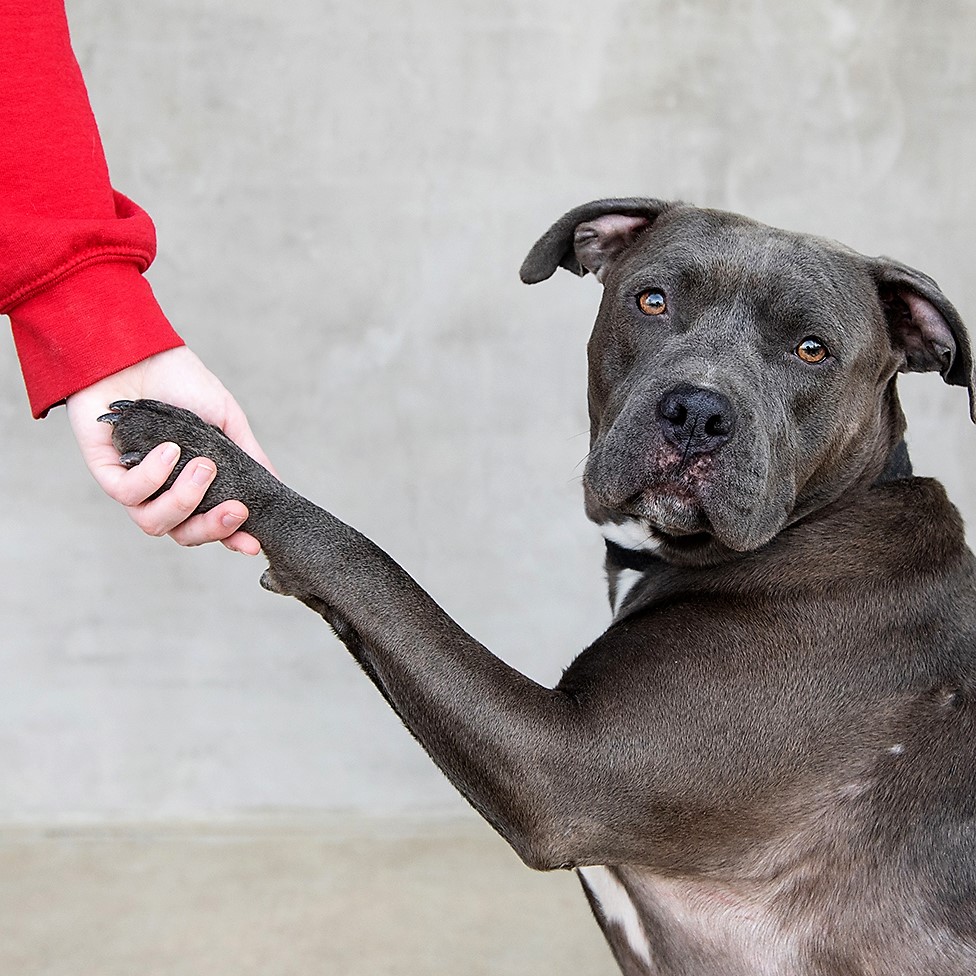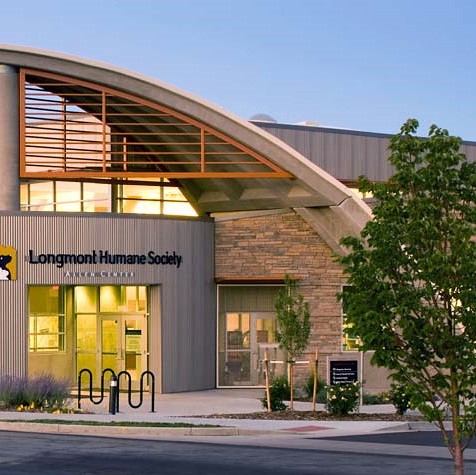A History of Compassion

Originally a branch of the Boulder County Humane Society, Longmont Humane Society was established as an independent non-profit animal shelter in 1972. What once began as a small shelter established by a compassionate group of individuals has since grown to become a sanctuary dedicated to profound change, firmly devoted to the overall welfare of each animal that passes through our doors.
After 10 years in a small facility on the edge of town, it became clear that a new shelter was required to house the ever-increasing need in our community. In 1985 “the dome” shelter building was constructed on land provided by Boulder County, ushering in a new era of care for pets. Longmont Humane Society was even recognized by The American Humane Association (AHA) Standards of Excellence program — one of the few shelters in the nation to receive that honor.
In the 1990s, LHS opened a spay-neuter clinic, hiring contract vets to perform surgeries on adopted animals. As care standards increased, euthanasia rates decreased. As the surrounding community grew, however, we gradually outgrew the new facility.
In 2008, overcrowding led to a second capital campaign, which led to the construction of the Longmont Humane Society Allen Center, a 58,000 sq. ft. facility that can house over 200 dogs, cats, and small mammals. With 80 staff and 400 volunteers, we care for more than 4,000 animals annually – and with veterinarians on staff, all animals are required to be spayed or neutered before going home. Our clinic performs nearly 1,500 spay-neuter surgeries annually for shelter animals and another 1,500 for owned pets.


Saving More Lives
Over the years, we have started various programs to save the lives of our community’s most vulnerable pets.
- Our Alternatives to Intake (ATI) program is designed to provide pet owners with resources to assist with the retention of pets in their existing homes.
- Our Foster Program gives more than 1,100 dogs, cats, and small mammals the time they need to get adopted.
- Our Public Pet Pantry provides free pet supplies to help financially challenged pet owners.
- When a family experiences tough times, like a domestic violence situation, hospitalization, or a natural disaster, we provide temporary shelter for their pets through the Safekeep Program.
- Our Kids and Critters Camps for ages 7 to 12 promote the development of safe animal-handling skills, encourage careers with animals, and teach children how to help animals, ensuring the next generation of pet owners will be better prepared to care for their pets.
- Our Training and Behavior Modification Department (TBMD) provides behavioral assistance for the lifetime of any dog adopted from LHS. TBMD also offers private training for dogs/owners who need one-on-one attention. LHS is often asked to take transfers from rescues who may not have the resources to address behavioral concerns.
In 2022, we celebrated 50 years of service to Longmont, Colorado’s people, and pets. Today Longmont Humane Society stands out among animal shelters in our unwavering commitment to the holistic well-being of every furry resident – we do not euthanize for space or behavior issues, except in very extreme cases – over 98% of all animals who enter our care find their way into happy, loving homes, (well over the Colorado and national average). At the heart of our mission lies a dedicated and passionate team of individuals, driven by the belief that every animal deserves a second chance and a loving home.
